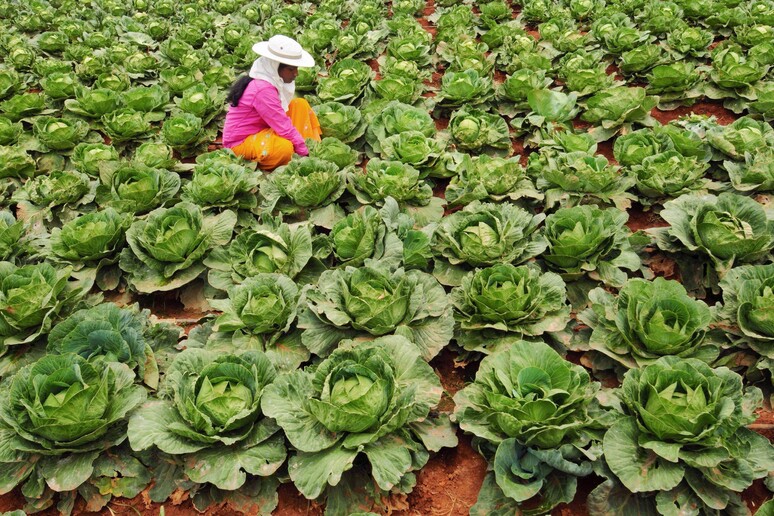The Italian Orgnic Farming
Association (AIAB) on Tuesday called on the government and the
European Union to ban the use of glyphosate weed-killer because
it may be carcinogenic.
"We call on Italy and the EU to immediately consider the
necessary measures to protect farmers and consumers from
glyphosate," the AIAB said in a note.
The Lyon-based International Agency for Research on Cancer
(IARC) - an intergovernmental agency forming part of the World
Health Organization of the United Nations - named glyphosate as
a probable carcinogen in a March 21 report.
A 2014 article in the International Journal of
Environmental Research and Public Health found that workers
exposed to glyphosate were about twice as likely to get B cell
lymphoma, the most common kind of non-Hodgkin lymphoma.
American agribusiness multinational Monsanto discovered the
compound in 1970, marketing it as a wide-spectrum herbicide
under the trade name Roundup.
Monsanto also genetically engineered seeds to produce
plants that are resistant to Roundup, marketing them under the
trade name Roundup Ready.
"We have known for years that glyphosate is harmful to
human and environmental health and that it accumulates in food
and water," said AIAB President Vincenzo Vizioli.
"We have been fighting for years against (glyphosate) and
other pesticides, which are being passed off as harmless".
ALL RIGHTS RESERVED © Copyright ANSA











